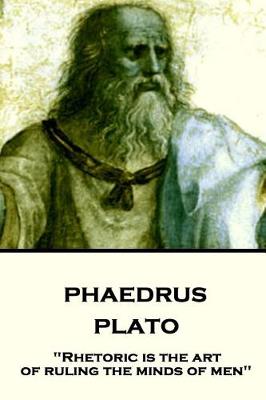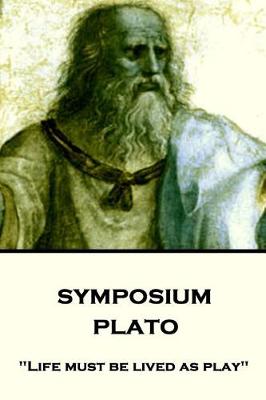Cambridge Greek and Latin Classics
4 total works
The Protagoras is one of Plato's most entertaining dialogues. It represents Socrates at a gathering of the most celebrated and highest-earning intellectuals of the day, among them the sophist Protagoras. In flamboyant displays of both rhetoric and dialectic, Socrates and Protagoras try to out-argue one another. Their arguments range widely, from political theory to literary criticism, from education to the nature of cowardice; but in view throughout this literary and philosophical masterpiece are the questions of what part knowledge plays in a successful life, and how we may acquire the knowledge that makes for success. This edition contains the first commentary in English on the Greek text for almost a hundred years. The commentary provides the assistance with linguistic, literary and philosophical detail that will enable students and scholars to savour to the full the pleasures of the Protagoras.
The book is written for anyone seriously interested in Plato's thought and in the history of literary theory or of rhetoric. No knowledge of Greek is required. The focus of this account is on how the resources both of persuasive myth and of formal argument, for all that Plato sets them in strong contrast, nevertheless complement and reinforce each other in his philosophy.
The dialogue begins with a playful discussion of erotic passion, then extends the theme to consider the nature of inspiration, love and knowledge. The centerpiece is the myth of the charioteer - the famous and moving account of the vision, fall and incarnation of the soul. Professor Hackforth here translates the dialogue for the student and general reader. There is a running commentary on the course of the argument and the meaning of the key Greek terms, and a full intoduction to explain the philosophical background and the place of this work among Plato's writings.
Plato's Symposium is the most literary of all his works and one which all students of classics are likely to want to read whether or not they are studying Plato's philosophy. But the reader does need help in appreciating both the artistry and the arguments, and in comprehending the social and cultural background against which the 'praise of love' is delivered. Sir Kenneth Dover provides here a sympathetic and modern edition of the kind that is long overdue. It consists of an introduction, the Greek text accompanied by a very abbreviated critical apparatus, and a commentary on the text which is intended to elucidate the Greek, to make the philosophical argument intelligible, and to relate the content of what is said to the concepts and assumptions of contemporary morality and society. An edition for students of Greek in universities and the upper forms of schools.


